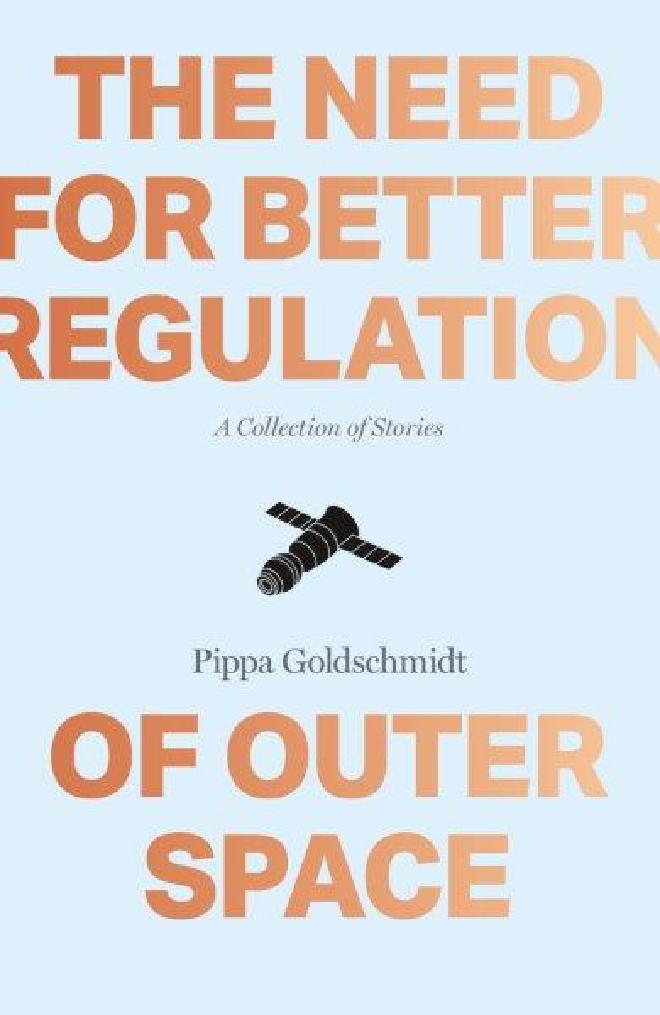
The GPS was the first clue – for us at least – that something had gone wrong. Day after day on the school run it insisted we were somewhere else. Snarled up in traffic in Saigon, stuck outside a checkpoint in East Jerusalem, or battling our way through the waves to St Kilda. We took the GPS back to the shop, but they said there was a problem with all the satellites now and they suggested we buy an A to Z. That was the same day we tried to watch the cup match on Sky, but the pitch was covered in echoes of past games all piled up on each other like pages torn out of an old book. Electric ghosts of players scored goals against themselves over and over again, at least until the TV burst into flames. It just couldn’t cope with all that information. Then the satellites started crashing into each other like celestial dodgems and all the astronauts in the space stations were trapped, waiting for help that could never reach them. It got to the point where we could go and sit outside at night, reading our books by the light of the debris catching fire as it slammed around above our heads.
In these science-inspired short stories Einstein ponders on the link between gravity and grief as he voyages in a free-falling lift, Turing is capable of imagining the distinction between computers and humans but fails to understand the nature of a police interrogation, Oppenheimer’s isolation in a Cambridge laboratory leads to personal disaster. The suffragette bombing of the Royal Observatory Edinburgh in 1913 is finally explained, and Brecht’s rewriting of his play ‘Life of Galileo’ is influenced by Hiroshima. A student investigates the erotic possibilities of Einstein’s relativistic thought experiments, a computer scientist breaks the barrier between simulated and real worlds, and an astronomer uses a predicted meteorite strike to get revenge on her colleagues.
My first collection of short stories The Need for Better Regulation of Outer Space was longlisted for the Frank O’Connor International Short Story Award 2015 and the Edge Hill Short Story Prize 2016.
It was originally published by Freight Books but is currently out of print. The digital edition is available on Kindle. I do however have a small number of hard copies, for enquiries please use the Contact Form.
Von der Notwendigkeit, den Weltraum zu ordnen is the German translation by Zoë Beck and is available at Culturbooks.
Reviews#
‘…a witty blend of history, compassion and poetic passages about neutrinos, space and beyond.’ The Independent
‘Clever and compassionate, funny and bittersweet, inventive and heartfelt, this book’s a real discovery.’ The Independent on Sunday
‘Exceptionally good… a genuinely fascinating volume, rewarding and stimulating.’ Glasgow Herald
‘Goldschmidt’s prose is endlessly inventive, blurring the lines between science, the surreal and the absurd.’ The List
‘a unique vision… the shorter pieces hinge on brilliance’ Glasgow Review of Books
‘These short stories provide a highly original, and engagingly human, slant on science and its practitioners past and present. Read and enjoy.’ Gutter
‘Where Goldschmidt excels … is by taking potentially complex scientific concepts, explaining them effortlessly- without appearing condescending- and using these concepts as a spring board from which to create a thoroughly engaging narrative.’Dundee University Review of the Arts
‘Pippa Goldschmidt is busy defining an entirely new kind of “science” fiction. These stories – all of which are superb exercises in tone and concision – are urgent dispatches from a territory almost completely ignored by contemporary authors – elegant fables that inhabit the intersection of science, culture, humanity, and which are thoroughly informed by a sharp understanding of both the secret histories and hidden processes of actual science.’ Alastair Reynolds